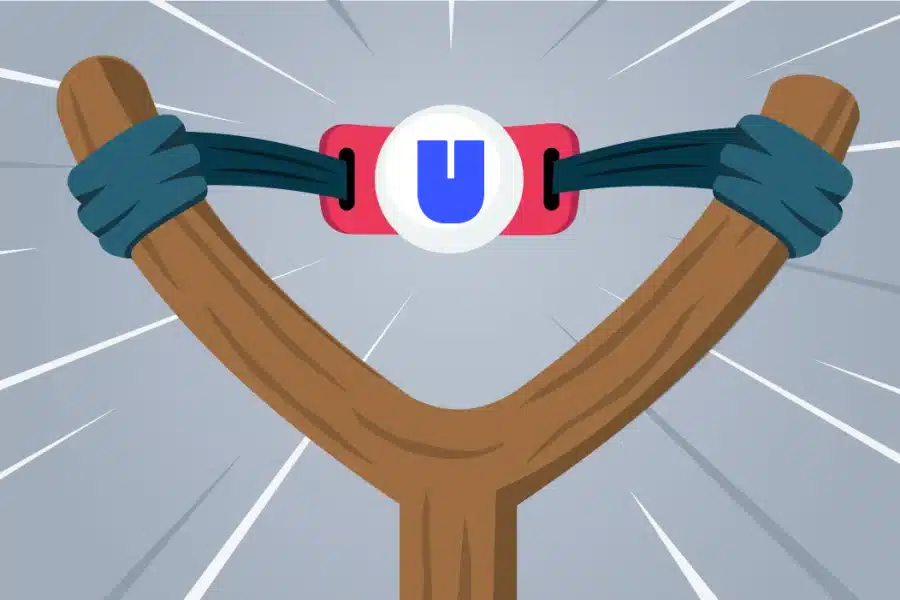Over the last 15 years, I’ve been a founding team member at three different startups and the one thing I can tell you is nothing can kill a new business faster than “people problems”.
Even if you have an industry-disrupting product or service so attractive to customers it sells itself, if you don’t have the right people on your founding team, consider your startup dead and buried.
What Is A Founding Team?
Your founding team consists of your startup’s co-founders and early hires. This is a group of people who bring the following qualities to the table:
- Complementary skill sets
- Entrepreneurial spirit
- Belief in your vision
- Industry experience
- Ability to wear multiple hats
The challenge is knowing who to hire and when to hire because, as a resource-constrained startup, you don’t have the luxury of making many mistakes. Hiring the wrong people won’t just cost you time and money, it could cost you your business.
With that said, here are three deadly hiring mistakes every startup should avoid:
1) Hiring People Too Early
Before you add anyone to your team, ensure you are clear on what the new team member will be doing.
Ask yourself: Will this person be joining a department with proven business processes in place, or will they start from scratch and have to build out their position from the ground up?
You need to know which role this person will play because managing processes differs from creating them. If you put someone without entrepreneurial tendencies in a situation with zero groundwork, even if they are experienced managers, they won’t know where to start.
Once you’ve defined responsibilities and set expectations, there’s only one more question you need to ask yourself: Will hiring this person immediately make, raise, or save the business money?
For startups, that truly is the ultimate hiring question.
If the answer is yes, bring them on. If the answer is no, it’s too early.
2) Promoting People Too Fast
When I say “promoting,” I mean dishing out job titles. Startups tend to hand out heavy-hitting job titles like Halloween candy. Why? Because it costs nothing and it makes people feel good.
But just like eating Halloween candy, the pleasure is temporary, and you ultimately wonder how you will cut the fat.
For startups, job titles are a challenge because they appeal to ego and status when your team should be focused on doing whatever they need to do to get the company off the ground.
Giving someone the title “VP of Customer Service” creates a mental constraint that encourages them to act in the way they think a “Vice President” would act rather than taking on whatever task needs to be done to move your business forward.
As your startup grows, titles go from problematic to toxic because once you give a title to someone, you can’t take it back without killing morale.
I’ve been in situations where early employees were given C-level and VP titles when the company was only 10 people. Then, as we grew to 100+ employees, those same early team members had to be “demoted” to accommodate our organization’s restructured managerial needs.
It was not a good situation.
The bottom line is you must be careful with job titles and promotions, or you’ll create a culture fixated on superficial distinctions and an organizational chart without the flexibility to grow.
3) Not Firing People Fast Enough
Having to fire someone comes with a huge emotional cost. Not to mention the time and resources you’ve invested in recruiting and onboarding during the hiring process.
However, hesitating to fire a bad employee can come with an even higher price to pay. One person can destroy company culture, reduce employee morale, and kill team productivity.
How do you know when to fire someone?
At a minimum, every member of your founding team must have the following qualities to thrive in a startup environment:
- Honesty
- Energy
- Teachability
- Flexibility
- Emotional Intelligence
Take action if your gut tells you a person lacks in one of those areas or isn’t cutting it. While that person may not be a good fit for your team, they may thrive elsewhere. Dragging your feet in firing a poor performer is bad for everyone.
Firing someone is never easy. The key is to treat the person you are letting go like a human being. If you treat a fired employee with dignity and respect, your reputation and company culture will be better. And more importantly, it’s the right thing to do.
My last advice is to have a 90-day review with all new hires. Sometimes, it’s hard to tell if someone has a toxic personality until you’ve worked with them for a while.
If you bring someone on and discover they’re an energy vampire, it’s not worth keeping them on board, no matter how talented they are.
“Toxic personalities, complainers, and energy vampires are not worth keeping on board no matter how talented they are.”
Robert Glazer, Founder of Acceleration Partners
With that in mind, you must be careful who you hire and with whom you share equity. Firing a co-founder is much more difficult than firing an employee or a contractor.
Editor’s Note: Want more handpicked startup tools and tactics that’ll help you build your business? Subscribe to our monthly newsletter.






